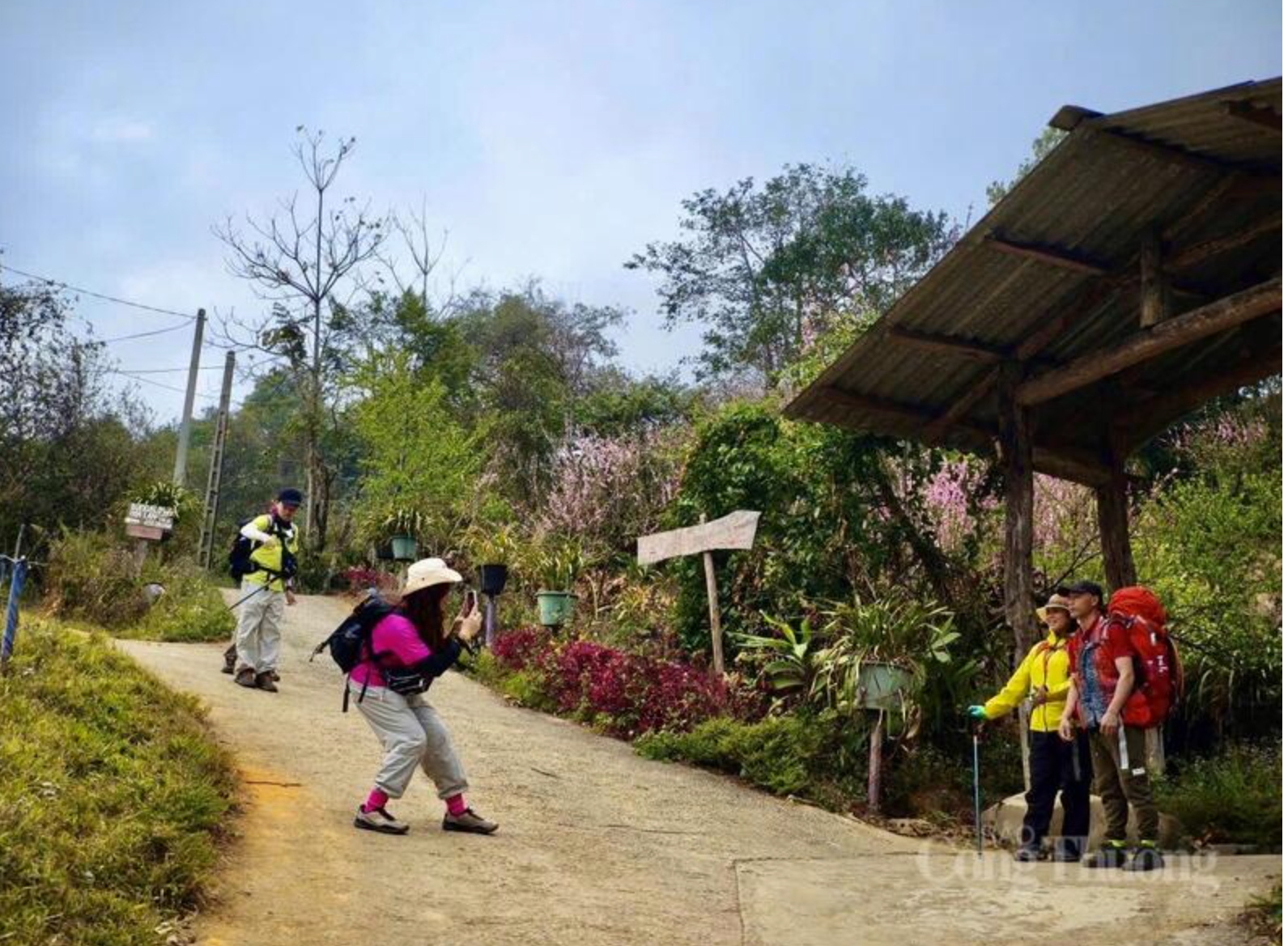
Lunar New Year 2026: Vietnamese travelers choose affordable getaways closer to home
19:05 | 23/03/2025 19:31 | 19/02/2026Tourism
On the sidelines of the 46th ASEAN Summit and related high-level meetings in Kuala Lumpur, Malaysia, on May 26, Prime Minister Pham Minh Chinh hosted a trilateral meeting with Cambodian Prime Minister Samdech Thipadei Hun Manet and Lao Prime Minister Sonexay Siphandone.
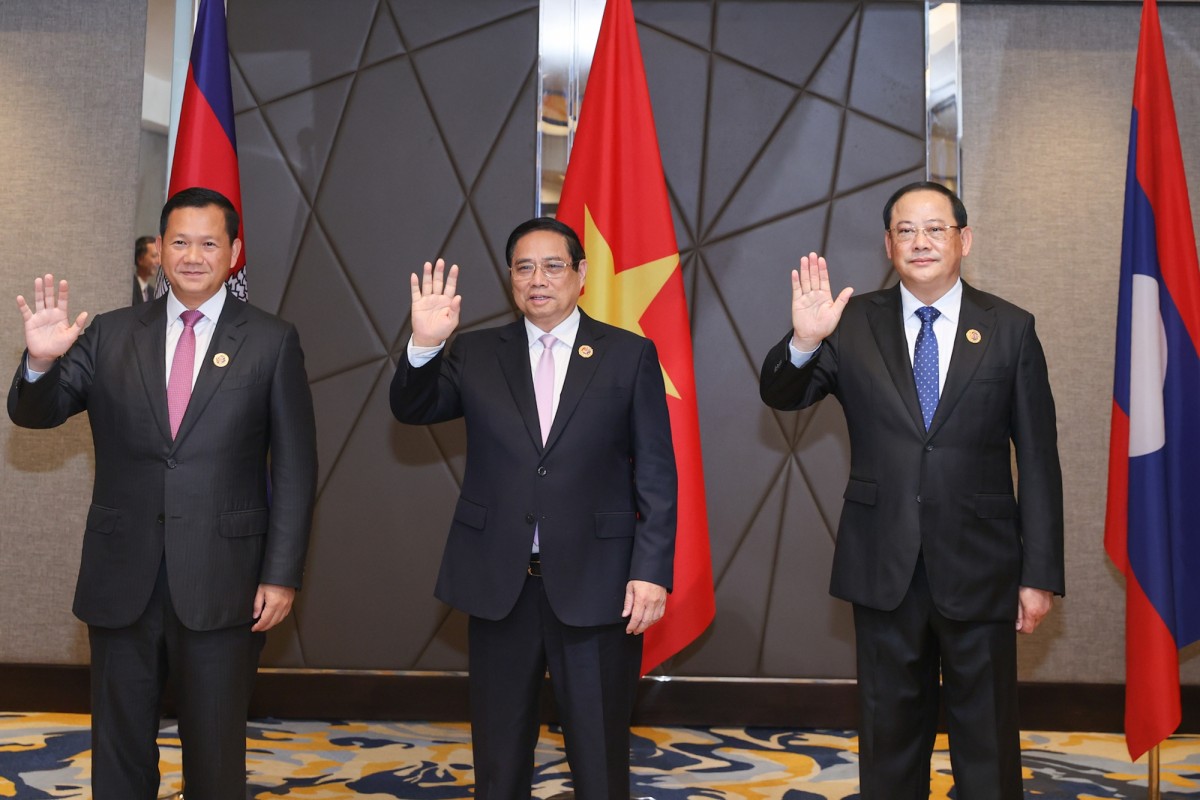 |
| The three Prime Ministers of Vietnam, Cambodia and Laos emphasized that preserving and promoting the tradition of solidarity and mutual support between the three countries is more necessary and important than ever. (Photo: VGP/Nhat Bac) |
The three leaders concurred that various bilateral and trilateral cooperation mechanisms among Vietnam, Laos, and Cambodia have proven effective, significantly contributing to the consolidation and development of trilateral collaboration. Notable examples include the meetings among the three Ministers of National Defence, the three Ministers of Public Security/Interior, and the three Ministers of Foreign Affairs, which serve to concretise the agreements and high-level directives of the three countries’ leaders.
The Prime Ministers reaffirmed the importance of preserving and promoting the long-standing tradition of solidarity and mutual support among the three nations, especially in the current regional and international context.
They emphasised that mutual trust and strategic sharing form the foundation for sustainable cooperation across key areas, with a particular focus on economic, trade, financial, educational, cultural, and people-to-people linkages.
The three countries also agreed to promote development cooperation in border areas, prioritising the enhancement of connectivity in transport, energy, trade, digital transformation, and human resources. They also stressed the importance of maximising the efficiency of border gate systems to facilitate cross-border trade and boost socio-economic development in border provinces.
The Prime Ministers proposed that the three countries jointly study the establishment of cross-border economic zones and review and amend existing agreements to create more open and favourable legal corridors. These efforts aim to raise bilateral trade turnover between Viet Nam and Laos to USD 5 billion, and between Viet Nam and Cambodia to USD 20 billion. They also reaffirmed their commitment to advancing the “Three Countries, One Destination” initiative and coordinating with Thailand to implement transportation connectivity projects among the four countries.
On this basis, the three leaders agreed to continue closely directing and urging ministries, sectors, and localities to concretise the agreed content and cooperation programmes, while considering the establishment of additional effective cooperation mechanisms to further strengthen linkages.
The three Prime Ministers also agreed to bolster cooperation in education, training, tourism, culture, and science and technology. Viet Nam expressed its readiness to increase the number of high-quality scholarships offered to Lao and Cambodian students.
They also agreed to continue consultations on regional and international issues of mutual concern, including the East Sea (South China Sea) situation and developments in Myanmar, as well as matters pertaining to bilateral and trilateral relations. The three sides pledged to work together to prepare for major events scheduled to take place in each country in the near future.
The 46th ASEAN Summit and related high-level meetings are being held from May 26–27 at the Kuala Lumpur Convention Centre, with the participation of leaders from ASEAN member states, Timor-Leste, the Gulf Cooperation Council (GCC) countries, and China. Over the course of approximately ten sessions, the leaders are expected to engage in in-depth discussions on directions and measures to strengthen intra-bloc cooperation, enhance connectivity with external partners, boost economic resilience, and seek new drivers for collaboration amidst complex regional and global developments. |

19:05 | 23/03/2025 19:31 | 19/02/2026Tourism
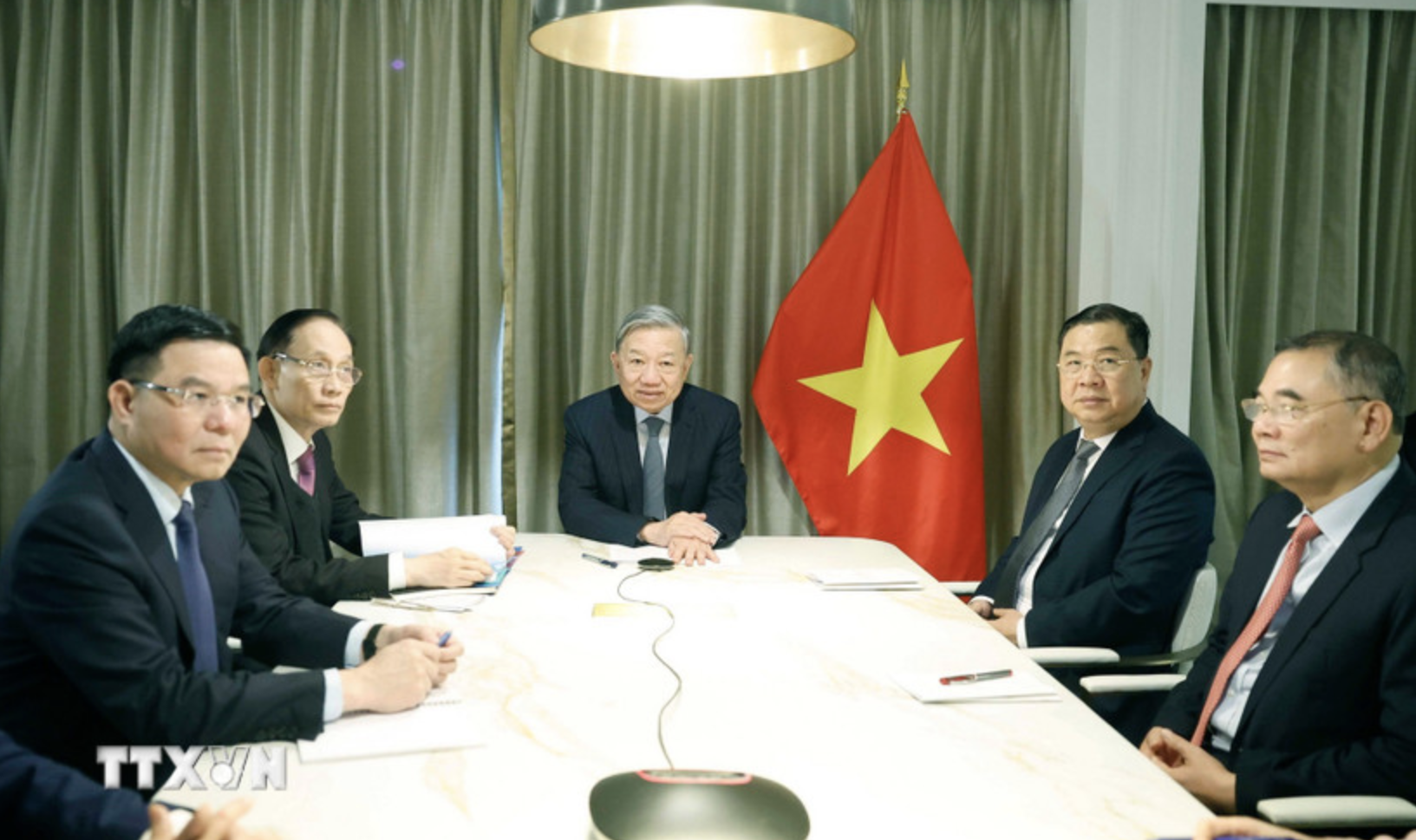
19:05 | 23/03/2025 19:19 | 19/02/2026News and Events
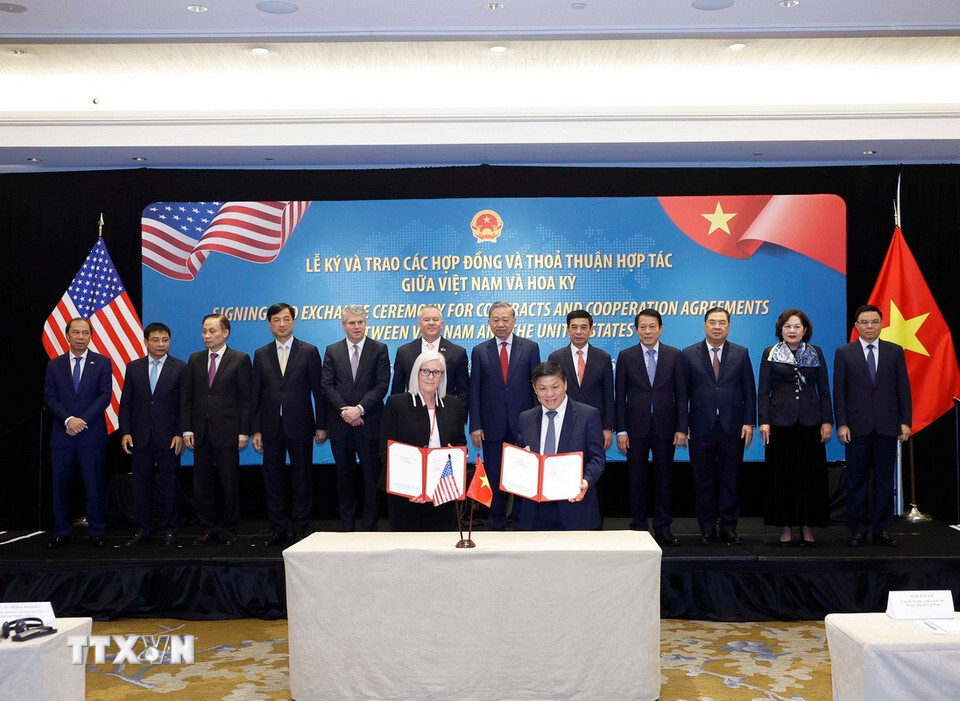
19:05 | 23/03/2025 11:07 | 19/02/2026News and Events

19:05 | 23/03/2025 11:05 | 19/02/2026Trade
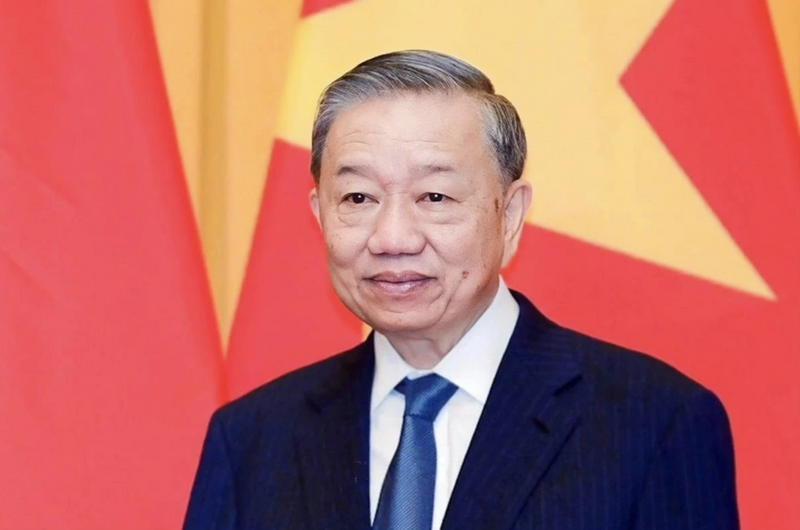
19:05 | 23/03/2025 14:58 | 17/02/2026News and Events